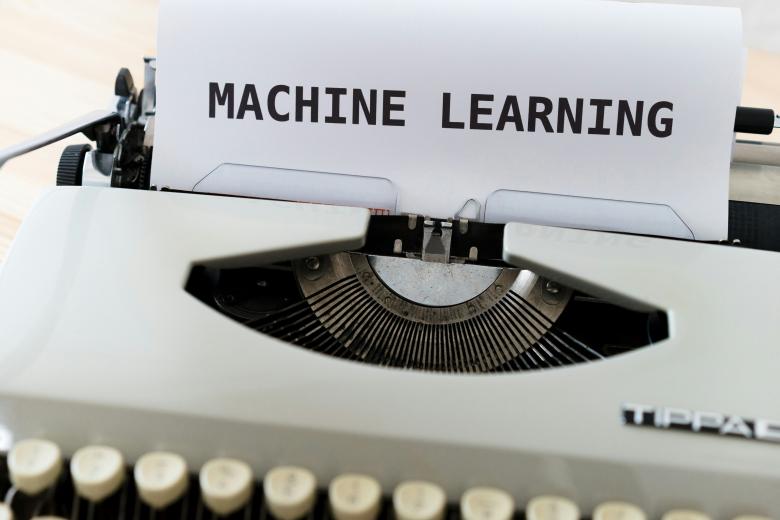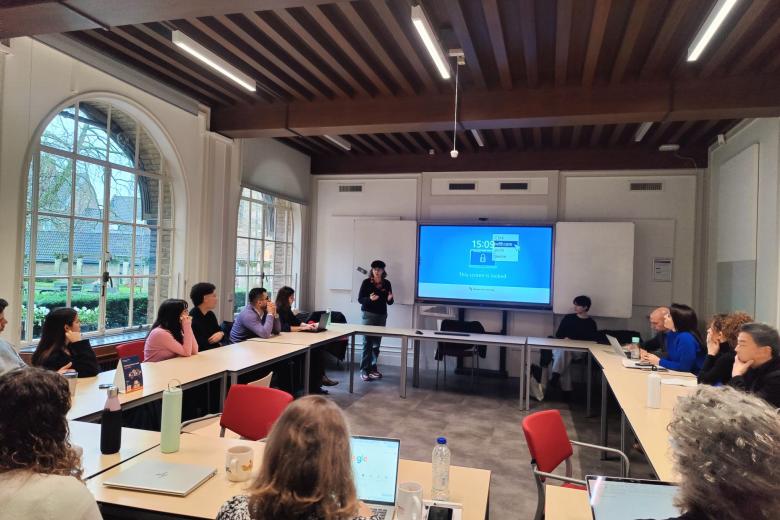Protecting children’s rights in non-existent states
What happens to the universal rights of a child when their home is a “de-facto” state—a political entity that has all the hallmarks of nationhood, yet is not officially recognised? And who bears legal and moral responsibility for these children when war breaks out? These issues lie at the heart of the CHILD-WAR project, led by researchers from Maastricht University’s Faculty of Law. Its aim is to inform policy and protect children living in legal and humanitarian voids.
In theory, instruments like the UN Convention on the Rights of the Child (UNCRC) apply to children all over the world. In practice, this universality principle often falls short, says CHILD-WAR project manager Guleid Jama. On the phone from Hargeisa, the capital of Somaliland, he explains that the populations of de-facto states exist in a “legal limbo.”
“This can impede their ability to ratify human rights treaties and engage directly with international monitoring mechanisms, which has grave consequences for children’s rights,” Jama says. “The situation becomes particularly acute in times of war.”
Blind spot in international human rights law
The UN Committee on the Rights of the Child does not monitor children residing in de-facto states. This means that when children are killed, wounded or displaced, or find their education disrupted due to armed conflict, there are few established avenues for international accountability and relief. This gap in protection is Jama’s driving motivation.
After studying law, he went into human rights advocacy in Somaliland. “I challenged rights violations with domestic institutions, and when that didn’t work, I turned to regional and international bodies, established under treaties to which the state is a party.” He was bluntly informed by the African Court on Human and Peoples’ Rights that his case could not be handled because Somaliland is not a recognised state.
Sorry, your country does not exist
“It was very disappointing. Seeing the lack of international accountability for human rights violations in de-facto states, it became clear to me that we needed to investigate concrete ways to address this gap, focusing specifically on children’s rights. I want to contribute knowledge that genuinely improves the lives of people caught in these impossible situations.”
The two-year CHILD-WAR project launched in January 2025 with the aim of addressing this knowledge gap. It is financed through the SDG Scaling Grants programme of the Dutch Research Council (NWO), which promotes the practical application of research findings to advance the UN’s Sustainable Development Goals (SDGs).
Child-centred research
Overseen by fellow UM child rights researcher Marieke Hopman, the Principal Investigator on the grant, Jama’s team is analysing the responsibilities under international humanitarian law of actors in armed conflicts involving de-facto states. Empirical data are drawn from three conflict zones: Gaza, Las Anod in Somaliland, and Nagorno-Karabakh, where Azerbaijan took control in 2023 and the population was displaced to Armenia.
Jama stresses that the focus is not on territorial claims, but on the rights of the children affected. Which of the actors involved—the de-facto state, the internationally recognised state (if applicable) or other armed groups—is legally obliged to protect children in such circumstances?
“Our methodology is profoundly unique and child-centred,” he says. “We engage children not merely as research subjects, but as core researchers. We initiate a conversation with them about what they perceive as the most critical issues in their context—whether it’s the right to education, play or other fundamental rights. The children identify the areas that we then focus our research on.”
This collaborative model, developed by Hopman, ensures that the children’s voices are at the heart of the study. “We actively go to places like Gaza, where despite the horrific circumstances and challenges of access, we have dedicated researchers on the ground leading the empirical case studies,” Jama explains. “These local researchers build trust and connect directly with children, who, even amid immense suffering, are remarkably willing to share their experiences and opinions. At this very moment, we are conducting interviews with children in Gaza, enabling them to voice their perspectives directly to researchers.”
Towards a brighter future
In this sense, the CHILD-WAR project transcends mere legal scholarship; it is a humanitarian undertaking driven by a sense of moral urgency. Jama and his team seek to provide much-needed clarity where there is currently confusion, and to instigate accountability where often there is none.
“From where we’re coming from, it’s not about politics. It’s about the right of the child,” he says. “Wherever you live, you have rights. The child didn’t decide to live in a contested state, but there they are. So, what can we do about it without going into the politics? Our only concern is the rights of children there.”
The aim is to generate a body of knowledge that can inform and influence global policy, advocating for the protection of children who are overlooked by a state-centric international system. This includes preparing rules of procedure for the UN Committee on the Rights of the Child on how to address the plight of children living in de-facto states. Practical recommendations will set out how international bodies can engage meaningfully with de-facto states, recognised states and external powers.
“It’s not easy to be an academic, an activist and a human being all in one,” Jama says. But it is precisely this powerful combination that underlies the CHILD-WAR project, striving to bring attention, protection and justice to the unseen casualties of our geopolitical blind spots.
Text: Theo Tamis
Photography: Guleid Jama
Read the article: “We are alive and dead at the same time”: Children’s voices from Gaza
Also read
-
Reducing the Digital Divide: Empowering Students to Train, Evaluate, and Use AI Text Models
The Maastricht Law and Tech Lab, together with the Brightlands Institute for Smart Society (BISS), obtained a € 100.000 a Comenius Senior Teaching Fellow grant.
-
Meet the Maastricht Centre for Human Rights
On 8 December, the Meet the Maastricht Centre for Human Rights event took place.
-
Mariam Aroian guest researcher at IGIR
Mariam Aroian will visit IGIR for three months, between December 2025 and February 2026. Her current research focuses on copyright and artificial intelligence.